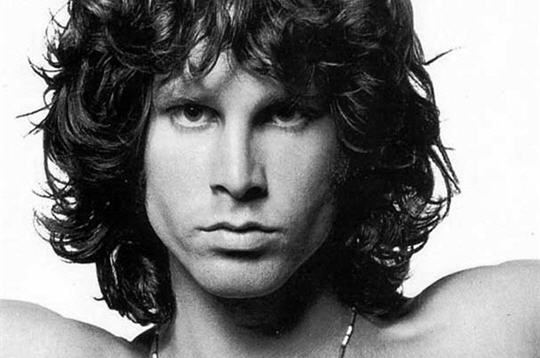Pete Townshend’s prescription pain management has become as treacherous for aging rock stars as the substances that defined earlier eras. Pete Townshend’s recent admission about falling back into painkiller addiction after knee surgery proves that sobriety, even after three decades, remains fragile when medical necessity meets addictive medication.
The 80-year-old Who guitarist described his post-surgery depression and subsequent dependence on prescribed painkillers in stark terms during a New York Times interview. “This is the way rock stars die—OxyContin,” Townshend warned, connecting his personal struggle to a broader epidemic that’s claimed countless musicians. Rather than hiding behind euphemisms, he contacted a friend connected to a Spanish recovery clinic. His recovery approach mirrors the directness that’s defined his music: no pretense, just action.
“He got my head sorted out. I’m feeling really good at the moment,” Townshend shared, reflecting on his successful treatment. The guitarist’s willingness to seek help immediately demonstrates how recovery experience from decades past equipped him to recognize the warning signs early.
Townshend’s honesty carries extra weight given his history. After battling severe alcohol and narcotics addiction earlier in his career, he’d maintained sobriety for over 30 years before this medical setback. The relapse wasn’t about rock star excess or touring pressure—it was about legitimate pain management gone wrong. This highlights how prescription opioids can derail even the most committed recovery efforts, regardless of previous success.
This revelation comes as The Who navigate their “farewell” North American tour, though Townshend signals uncertainty about the band’s future. He’s expressed reluctance to continue extensive touring, preferring home life over the stage deaths he’s witnessed too often. His openness about addiction during what might be The Who’s final chapter demonstrates how veteran artists are grappling with mortality, legacy, and the physical toll of decades spent performing.
The timing adds another layer to conversations about aging musicians and healthcare. As rock’s founding generation enters their eighties, routine medical procedures carry addiction risks that younger artists rarely face. Townshend’s experience illustrates how prescription medications prescribed for legitimate medical needs can become as dangerous as any street drug.
Townshend’s brutal honesty cuts through rock mythology to expose a stark reality: aging musicians face prescription drug dangers that dwarf the street drugs of their youth. His recovery story offers hope, but his warning resonates louder—medical addiction doesn’t discriminate based on sobriety length or celebrity status. For an industry still processing losses to overdoses, Townshend’s survival and transparency provide both cautionary tale and roadmap for recovery.

























